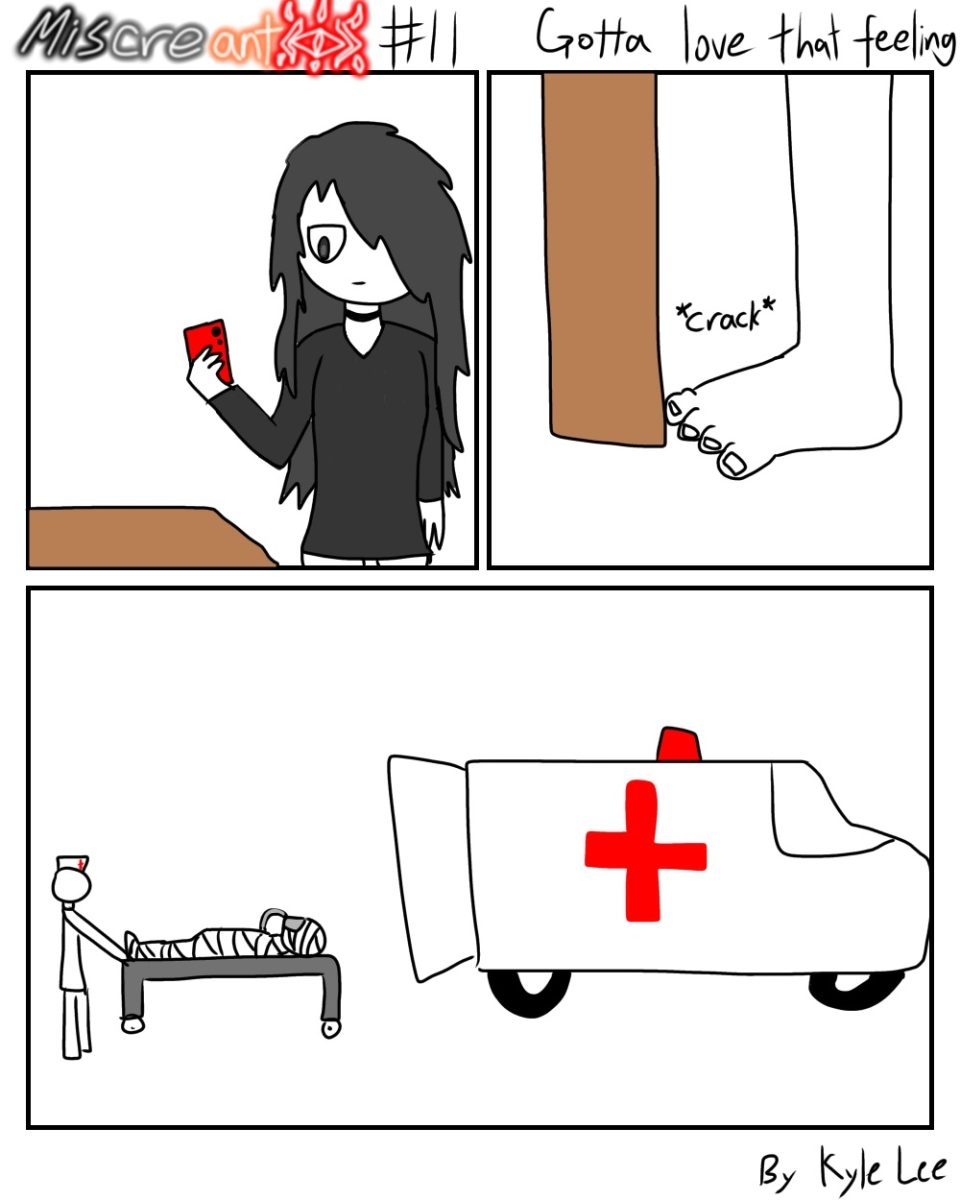Morning vs. Night Showers
The Golden Rules of Washing Up
April 11, 2022
Everyone has a daily routine that they adhere to. The most divisive matter when it comes to daily routine is the time of day one showers. Every person’s opinion is different on the best time to wash up, and we can see this in our community as well. Selina, in Grade 9, said “I’m a night shower person, but right now I’m trying to change into a morning-shower person. It’s because I want to wake up earlier, so I have more time to get ready for the day.”
Mr. Coleman, on the other hand, had a completely different opinion. “I shower in the morning because my hair is too messy if I shower at night,” he explained. “I wish I was a night-shower person, though.”
All these different opinions make this topic super confusing, and it seems like you have to choose a side. But according to Jeong-Eun Lee, a salesperson at aromatherapy brand JUST Swiss, the distinction doesn’t matter. She affirmed, “It depends on how you’re feeling and how you want to use your time.” Morning and night showers each have their merits, which is why the debate is endless.
What’s the difference?
People who are all for morning showers often say it helps them get awake. This is true: “Cool showers can boost alertness without raising the body temperature too much,” says Dr. Janet K. Kennedy, a clinical psychologist and sleep expert. Experts say showering in the morning has benefits for the skin, too. Skin cells relax overnight, and are stimulated when one takes a shower in the morning. This helps people who have combination, oily or acne-prone skin.
Night-shower supporters have an equally convincing argument: “You don’t want to snuggle under your sheets full of grime, do you…? What’s even better is that showering at night–about an hour and a half before bed–helps you get to sleep. Dr. Kennedy says, “The body naturally cools down as bedtime approaches, in sync with the circadian rhythm. Showering raises the temperature again and allows for a faster cool down, which hastens sleep.”
It’s not when you do it, but how!
Turns out soaping your body isn’t all there is to showering. There are other things you need to keep in mind to enjoy the full benefits showers have on your skin. Ms. Lee says, “You should always use a body gel that suits your skin type instead of using soap bars. Swap out hot water for lukewarm water. After showering, use a moisturizer that has a pH of 5~6.” She also emphasizes this is especially crucial information for people who have sensitive skin. People with dry skin often have red blotches and flakiness all over their bodies after taking a shower and moisturizing.
Contrary to the countless posts on social media or the internet that give a verdict as to when people should shower, there isn’t that much of a difference. Ms. Lee says that “Showering is the basis for taking care of your skin. It is crucial to use the right products and methods. This is far more important than whether you shower in the morning or at night.”
In short, when it comes to your skin’s health, morning and night showers each have their pros and cons. In all honesty, there’s no point in taking a side when the distinction is minimal. Although I’ve always been, and always will be, a night shower person, maybe morning showers aren’t so bad after all.

















































